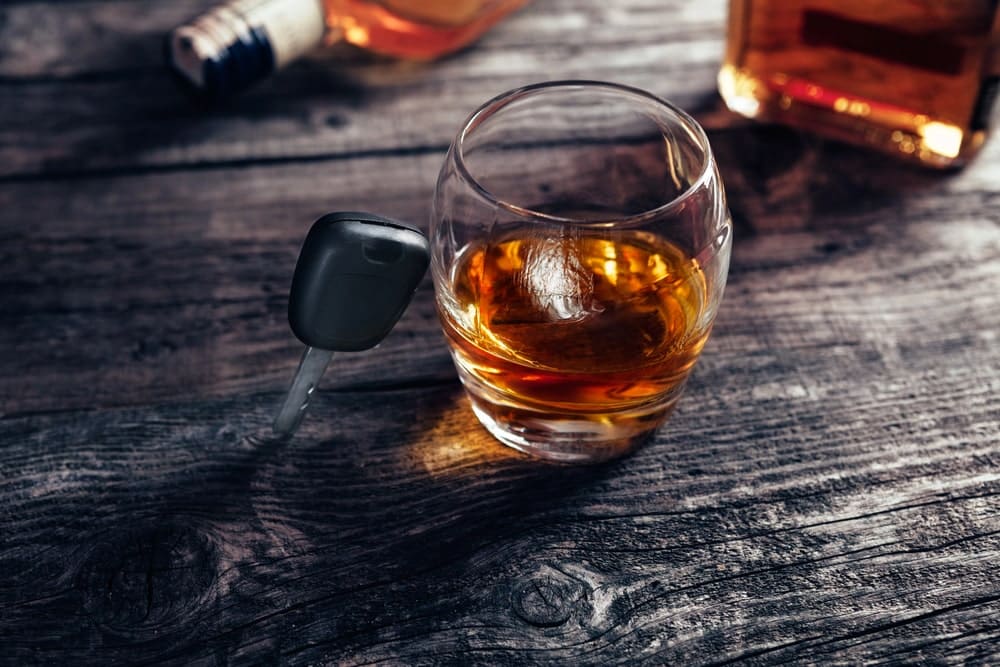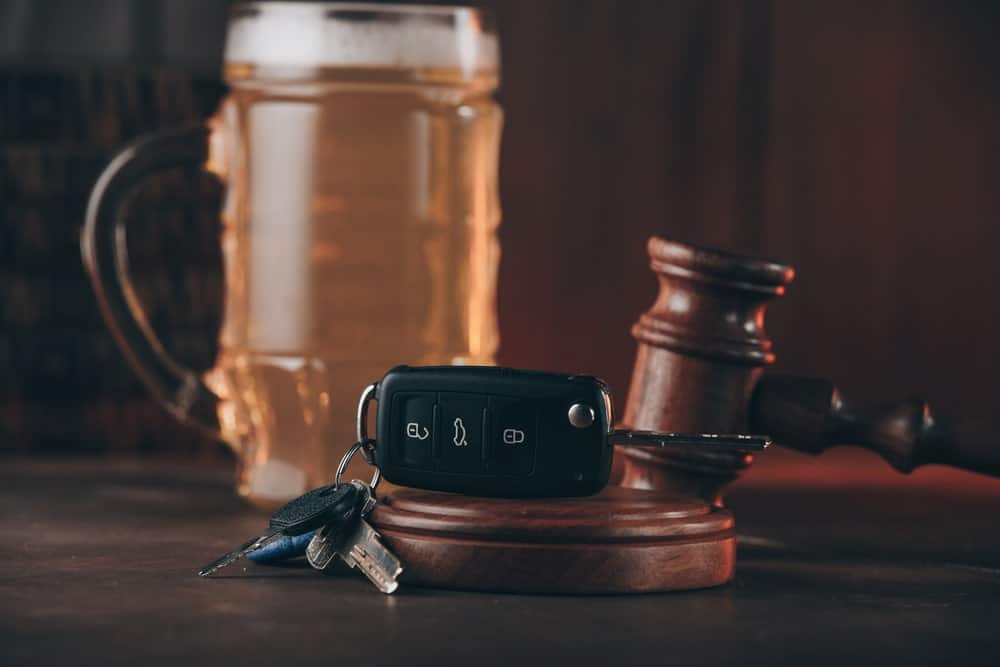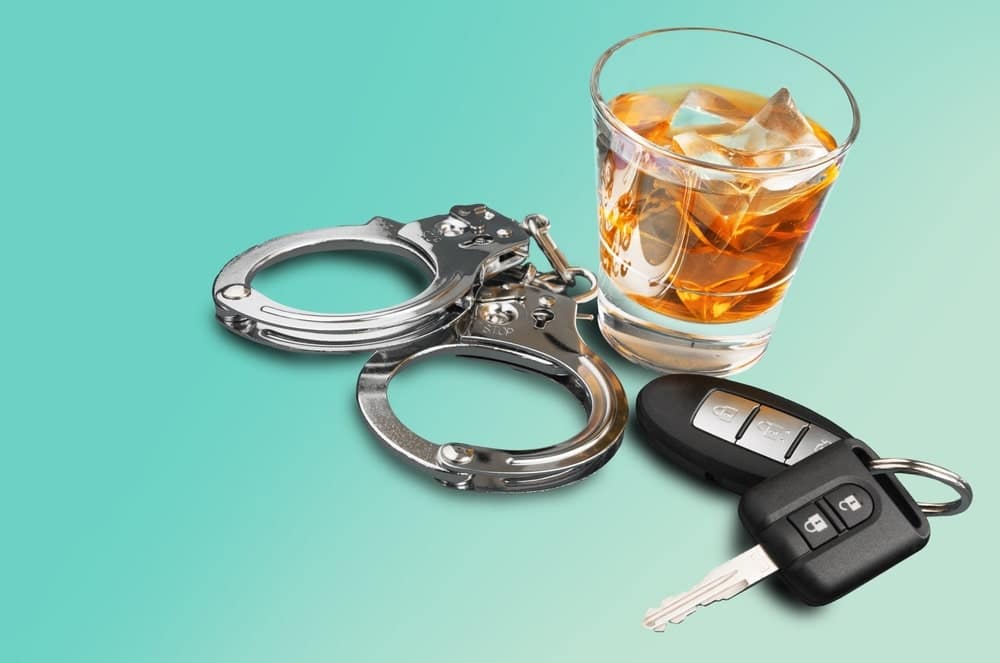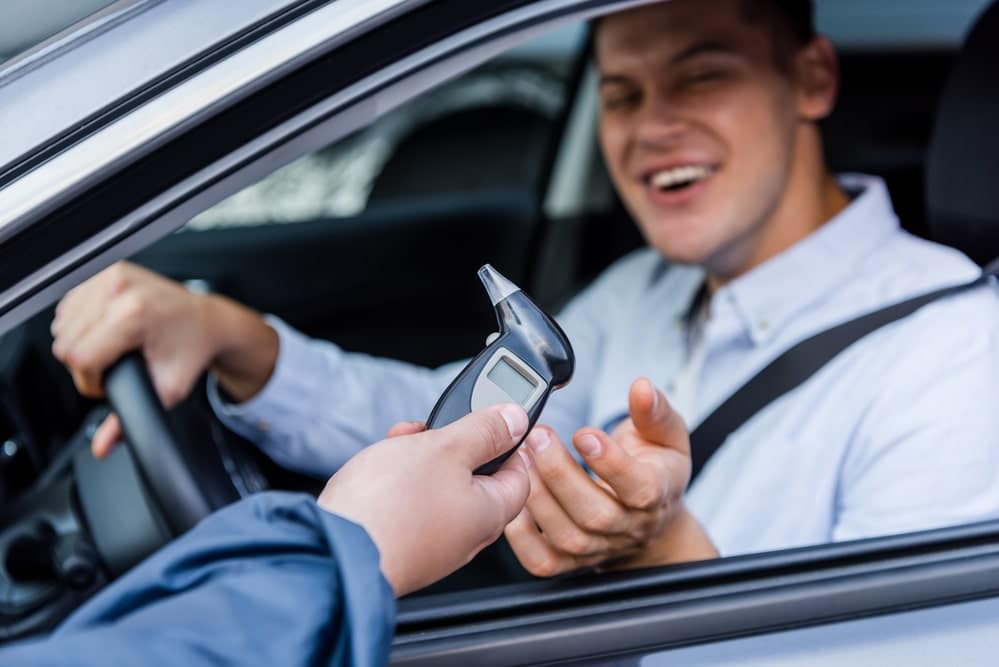If police need to have probable cause to even start searching for evidence of a crime, what factors come into play in order for them to pull you over for operating under the influence (OUI)?
In some cases, it’s pretty clear that a police officer has probable cause to believe a crime has been committed when he or she observes a person driving drunk and later, conducts an OUI investigation that includes field sobriety testing.
If an officer watches someone stumble out of a bar and take several minutes to key into their car before turning it on, not many will doubt that the officer had probable cause to believe that the driver was attempting to operate his vehicle under the influence for the purpose of arrest.
Call 207-571-8146 or contact us online to schedule a consult with one of our highly skilled criminal defense & OUI lawyers, serving Southern Maine, today.
Table of Contents
Probable Cause VS Articulable Suspicion
When a cop is patrolling on the highway and sees a car driving erratically, how much swerving does it take before there’s probable cause to stop it? Good question but wrong terminology. In legal parlance, a police officer needs LESS than probable cause to pull a car over.
Reasonable Articulable
Instead, the officer needs a reasonable articulable suspicion (RAS) to stop a car for a traffic infraction or to believe a crime may have been committed, IE, like DUI.
A car crossing all three lanes of a highway or swerving repeatedly within its lane obviously gives police RAS to pull it over, however, a car never contacting the lane markers, does not give the officer RAS to stop the car.
Probable Cause
In Maine, probable cause is the standard that gives the officer grounds to effectuate an arrest. On the other hand, reasonable articulable suspicion is the standard that allows an officer to stop a car and/or expand the scope of the investigation into a full-fledged DUI investigation.
The basis for the officer’s suspicion must be both reasonable and articulable and cannot be based on a mere hunch or guess work.
Factors that lead to reasonable articulable suspicion in Maine
The cops do not have to wait for you to commit a major crime before stopping your automobile. If the cops have reasonable articulable suspicion that you committed any type of traffic infraction, from speeding to driving with a broken tail light, they are lawfully permitted to pull you over to investigate.
The following are some of the most common factors that provide reasonable articulate grounds for suspicion.
- Speeding. Enforcing speeding rules is a major aspect of most cops’ duties. If the police notice you driving more than one mile above the speed limit, they have the right to pull you over.
- Running a Stop Sign. At intersections, traffic laws and automobile accidents are quite common. An officer who detects you rolling through a stop sign or failing to obey a traffic signal may lawfully stop you.
- Mechanical Issues.There are several formalities to follow when it comes to keeping your automobile in tip-top shape. A police officer may issue you a citation if your car does not have the required equipment as mandated by law. Broken taillights, missing license plates, or nonfunctioning headlights are all examples of this.
- Driving the Wrong Way. Many city and town regulations prohibit driving in the incorrect direction down one-way streets, so doing so is against both state and local laws. Given the potential risks, authorities have the authority to stop a motorist heading the wrong way.
Reasonable Articulable Case Study Example in Tennessee
Two cases from the Tennessee Supreme Court highlight the legal significance of RAS. In one case, a driver crossed the fog line once, and touched it two more times with both of her passenger-side tires. A cop pulled her over, and during the traffic stop found that the driver was intoxicated.
Similarly, in the other case, the driver crossed the center line once, got pulled over, and was arrested for drunk driving. All of the evidence used to convict the two drivers came during the traffic stop. If the police officer didn’t have enough reasonable articulable suspicion to pull the driver over, the traffic stop never would have happened, the evidence of their OUI would never have been gathered, and neither driver would have been convicted.
However, the Supreme Court of Tennessee decided that this small amount of swerving had been enough to give the officers RAS to pull the drivers over, and agreed that their conviction should stand.
Think about that. When’s the last time you were driving and your wheels touched one of the lines?
It probably wasn’t too long ago, because that sort of thing happens pretty frequently, even to the best of drivers. Now imagine being pulled over by the police and told to take a breathalyzer test every time your wheels crossed a line on the road. This is how traffic stops happen, now, in Tennessee and all across the country.
Contact an OUI / DUI Attorney in Maine Today
If you’re facing an OUI charge in Maine, and the police officer pulled you over for something as common as touching a lane marker with your tire, challenging your charge in court is hugely important. If you can show that the police officer did not have a reasonable articulable suspicion to pull you over and that the search that gathered all the evidence against you was unconstitutional, your case should be dismissed.
Hiring a quality OUI / DUI defense attorney to help you in court is the best way to fight against your OUI charges. Call The Maine Criminal Defense Group today at (207) 571-8146 or contact us directly online.
Call 207-571-8146 or contact us online to schedule a consult with one of our highly skilled criminal defense & OUI lawyers, serving Southern Maine, today.
Blog Posts

OUI cases in Maine usually start when a law enforcement officer pulls over a vehicle. From that point, many things can happen but if the officer even has a slight[...]

January 11th, 2025, in Skowhegan, Maine, a Maine Department of Transportation plow truck sustained a head-on collision caused by a drunk driver on Route 2, as reported by law enforcement.[...]

The tragic events of a fatal car crash in 2023 that claimed the lives of four young people have finally reached a pivotal legal outcome. Noelle Tavares, a former Maine[...]

In most states, there are many different places that the average person can take a driving course to satisfy court requirements as related to an DUI conviction. However, in the[...]

Defending against OUI offenses in Southern Maine Anyone charged with a 2nd OUI in Maine should expect little leniency from the criminal justice system. This makes it even more important[...]

Defending against OUI Refusals in Southern Maine Did you know that it is a criminal offense to refuse to submit to a chemical test if lawfully requested to do so[...]

Reducing an OUI charge in Maine OUI charges are handled severely in Maine. For many people, a drunk-driving charge is their first time dealing with the criminal justice system and,[...]

Alcohol laws of Maine While you should be aware of the strict OUI laws in Maine, it’s also important to know about other ways you can face a traffic infraction[...]

Defending against OUI offenses in Southern Maine A first OUI in Maine can potentially have long-term consequences, but with the right legal representation, alleged offenders can escape the harshest penalties.[...]

If you blow under .08 in a DUI breath test in Maine, it may be jumping the gun to breathe a huge sigh of relief. You may not be “free[...]


